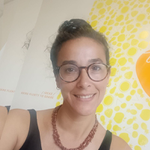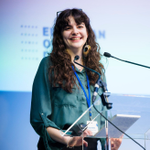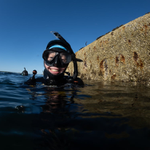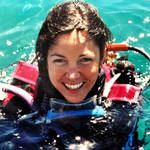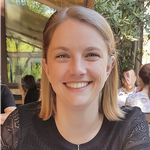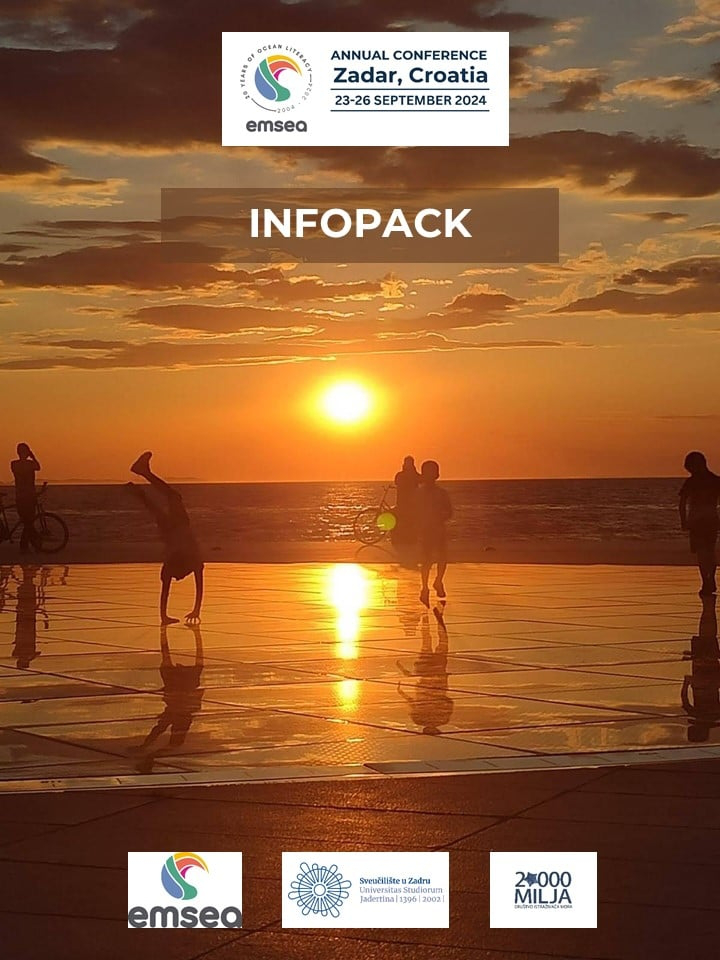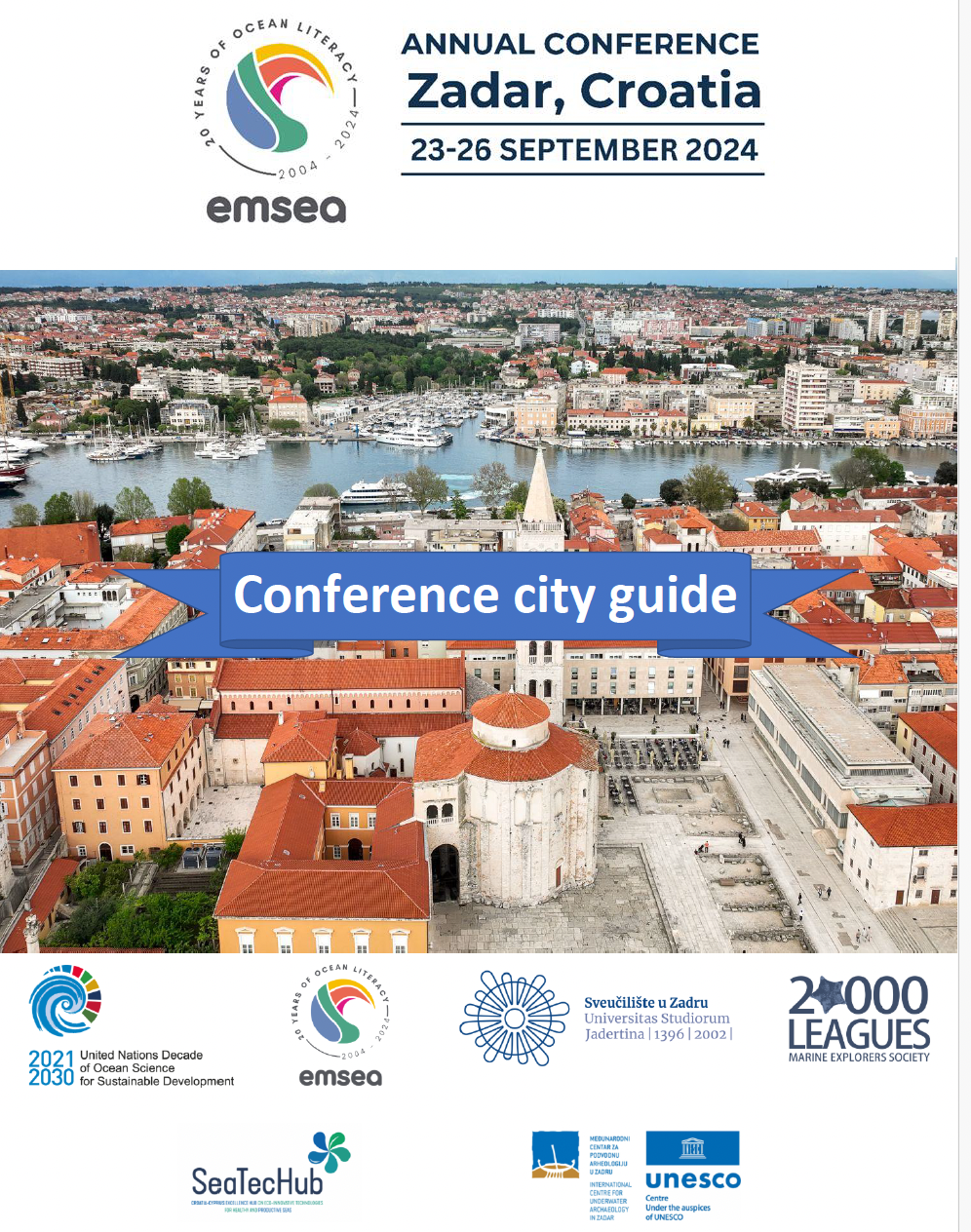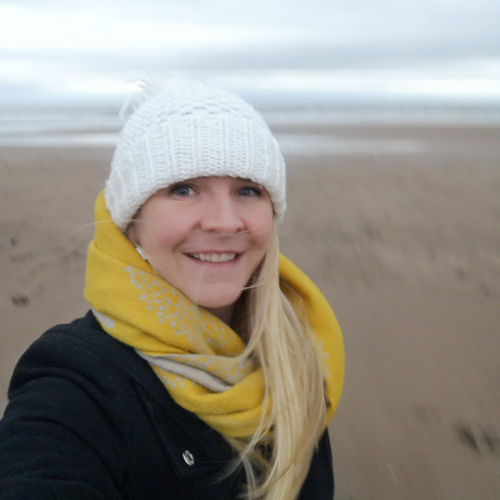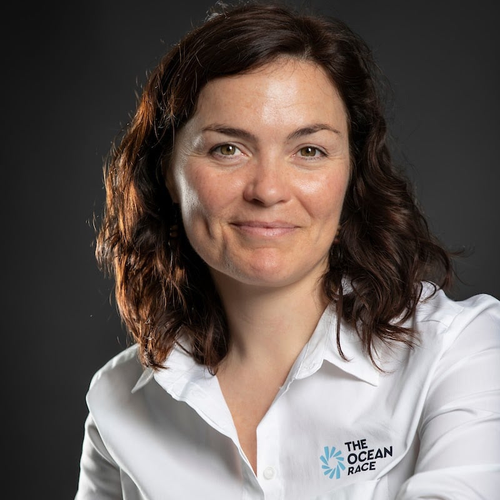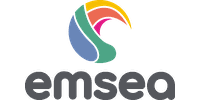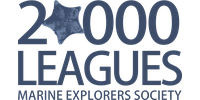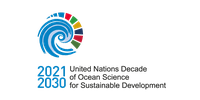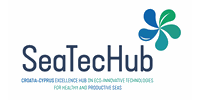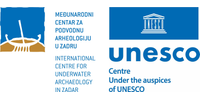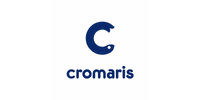EMSEA 2024 will take place in Zadar, Croatia. Zadar is a 3000-year-old city situated in the middle of the eastern Adriatic coastline, and according to Alfred Hitchcock, it's a city with the most beautiful sunset in the world. The conference host will be the University of Zadar (UNIZD), a member of the European University for Smart Urban Coastal Sustainability (EU-CONEXUS) alliance. The conference will be co-organized by UNIZD and the NGO Marine Explorers Society - 20.000 leagues, both working together as the pioneers of ocean literacy in Croatia.
Join us in Zadar this September, enjoy the essence of the Mediterranean lifestyle and tradition, Zadar's sunset and sea organs, and (re)discover your connection with the ocean in this unique part of the one big ocean – the Adriatic Sea.
The program will consist of presentations and workshops on the following topics:
- Ocean literacy and the blue economy
- Inclusive ocean literacy
- Ocean literacy and education
- Ocean literacy and natural sciences
- Ocean literacy beyond natural sciences
- Ocean literacy and academia
- Ocean literacy research
- Ocean literacy and water sports
- Open session

Programme
DAY 1 | 23.09.2024
08:30-09:30 Registration
09:30-09:45 Opening and Welcome Speech (Moderator: Evy Copejans)
- Melita Mokos, Chair of the Organizing Committee, University of Zadar
- Nicola Bridge, Chair of the European Marine Science Educators Association
- Lena Mirošević, Prorector of the University of Zadar
Keynote talk (Moderator: Evy Copejans)
09:45-10:10 Nicola Bridge, Craig Strang: 20 years of Ocean Literacy: From Decades of Ocean Literacy to an Ocean Decade
Keynote talk (Moderator: Evy Copejans)
10:10-10:35 Lucy Hunt: The Ocean Race
10:35-11:10 Coffee break and registration
Ocean Literacy and Water Sports (Moderator: Dominika Wojcieszek)
11:10-11:20 Maria Stella Scordo: The LIFE A-MAR NATURA2000 sailing campaign as instrument of ocean literacy
11:25-11:35 Frederico Almada: Kids Dive: Using scuba diving to foster a deeper understanding of the Ocean among school students
Ocean Literacy and Natural Sciences (Moderator: Dominika Wojcieszek)
11:40-11:50 Dina Eparkhina: Scientists for Ocean Literacy: Empowering Scientists as Ocean Advocates
11:55-12:05 Francesca Alvisi: From geodiversity to biodiversity: how and why to practice this fundamental relationship
12:10-12:20 Juanita Zorrilla Pujana: Ocean citizen: storytelling for engaging communication
12:25-13:40 Lunch break - Barbakan restaurant (https://maps.app.goo.gl/Fevfo5j6Tna8bWieA) (included in the registration fee)
Ocean Literacy and Blue Economy (Moderator: Silja Teege)
13:40-13:50 Evelyn Paredes-Coral: Ocean literacy for a more sustainable blue economy: why knowing about the ocean isn't enough?
13:55-14:05 Basia Dmochowska: Education and raising awareness on sustainable and innovative aquaculture for blue growth
14:10-14:20 Juanita Zorrilla Pujana: Beyond the plate: seafood literacy's role in the blue economy
14:25-14:35 Ioannis Katsounis: Ocean literacy as a catalyst for sustainable blue economy development in Greece
14:40-14:50 Mariana Almeida: How are blue economy concepts being integrated into ocean literacy initiatives?
14:55-15:05 Dimitris Gavalas: Navigating Yacht Cruisers' Sociology: A Comprehensive Study on Destination Development and User-Driven Logistics for Enhanced Cruising Facilities and Experiences
Workshops (parallel workshops between 15:15-16:15)
- Yolanda Koulouri: BlueMinds4Teachers: design and implementation of a digital toolkit for empowering educators in ocean literacy (Workshop A)
- Geraldine Fauville: Aligning National Curricula and Ocean Literacy: An opportunity for EMSEA-wide collaboration (Workshop B)
- Cushla Dromgool-Regan: Explorers' fin-tastic sharks, mermaids and magical creativity on the shore (OUTDOORS)
Workshops (parallel workshops between 16:15-17:15)
- Craig Strang: Examining Equitable and Inclusive Work Environments in Environmental Education: Perspectives from the Field and Implications for the Field (Workshop B)
- Emma Lamport: Project Starfish (OUTDOORS)
19:00 Sunset wine reception at UNESCO International Center for Underwater Archaeology (https://maps.app.goo.gl/zAVz2g4wiV6XVgJT7 )
DAY 2 | 24.09.2024
08:30-09:00 Registration
Keynote talk (Moderator: Nicola Bridge)
09:00-09:20 Emma McKinley: Ocean literacy: The ocean research we need for the ocean we want
Ocean Literacy Beyond Natural Sciences (Moderator: Nicola Bridge)
09:20-09:30 Vera Noon: Intersecting Ocean Literacy and Maritime Archaeology: Maritime
Cultural Heritage for behavioural change!
09:35-09:45 Mladen Pešić: System of Protection and Management of Underwater Cultural
Heritage on Velika Shallows, Letavica, and Baron Gautsch sites
09:50-10:00 Maria Vittoria Marra: 'Galway Bay is calling': a participatory music project
aimed at promoting ocean literacy from the west coast of Ireland
10:05-10:15 Emma McKinley: Bringing the ocean to the stage: Performing Coastal
Values and Marine Management
10:20-11:30 Poster session and Coffee break
Ocean Literacy Research (Moderator: Eliane Bastos)
11:30-11:40 Jen McRuer: Understanding human-ocean connections and values through
the global ocean & society survey
11:45-11:55 Giulia Realdon: Investigating Ocean connections among a sample of children
and adults attending ocean literacy workshops and lectures
12:00-12:10 Géraldine Fauville: Underwater Virtual Reality for Awe, Ocean Connectedness,
and Pro-Environmental Behavior
12:15-12:25 Ffion Mitchell-Langford: Hiraeth yn y mor - equitably growing community-scale ocean literacy for marine management, health & well-being in North East Wales (UK)
12:30-12:40 Jelena Basta: Engaging tourists in ocean literacy through two different forms
of ecotourism programmes
12:45-14:40 Lunch break (not included in the registration fee)
Inclusive Ocean Literacy (Moderator: Mark Ward)
14:45-14:55 Rada Pandeva: Thalassophile project: making marine science and ocean literacy universally accessible
15:00-15:10 Freyja Thomson-Alberts: Ocean for all - breaking barriers to access and bringing the ocean inland
Ocean Literacy and Academia + Open Session (Moderator: Mark Ward)
15:15-15:25 Tammy D. Lee: Promoting Relationship with the Ocean Through an Immersive Whale Experience
15:30-15:40 Ninja Mueller: The global marine curriculum - decolonising and
deanthropocentralising marine education
Workshops (parallel workshops between 15:45-17:15)
- Yolanda Koulouri: Fins into the water workshop: Water sports to enhance Mediterranean Sea Literacy (ROOM A)
- Caroline Schio: Engaging Educators in Coastal Monitoring: A Hands-on Workshop with the Coastal Junior Monitoring Project (OUTDOORS)
- Eliane Bastos: Body mapping the human-ocean relationship (ROOM B)
19:00 Conference Dinner (Dafilo vineyard and restaurant http://dafilo.se/en/about/)
Bus leaving at 19:00. Please arrive at least 5 mins before.
Bus meeting point: https://maps.app.goo.gl/hmfqMZR1EwwPvckg6
DAY 3 | 25.09.2024
08:30-09:00 Registration
Ocean Literacy and Education (Moderator: Cushla Dromgool Regan)
09:00-09:10 Mark Ward: Somerset school coastal champions award: an initiative to engage
young people with their local marine and coastal environments
09:15-09:25 Rita Borges: Let's scale up the blue generation!
09:30-09:40 Thomas Mtontsi: Towards the support of others with knowledge and science
skills using a marine science context
09:45-09:55 Caitlin Ransom: Empowering educators: Promoting Ocean literacy through Blue
Schools
10:00-10:10 Rebecca Katsaris: Increasing marine environmental awareness through the
creative arts
10:15-10:25 Jadranka Šepić: Oceanographers on the island - bringing ocean education to
Croatian islands and beyond
10:30-11:00 Coffee break
11:00-12:30 Panel discussion: Empowering Schools to Become an EU Blue School (Moderator: Evy Copejans)
Panelists:
- Silja Teege, SeaTeach
- Elisabeth Bonfill, Spanish National Research Council (CSIC)
- Dominika Wojcieszek, EMSEA
- Melita Mokos, University of Zadar
12:30-13:30 Lunch break (included in the registration fee) Barbakan restaurant (https://maps.app.goo.gl/Fevfo5j6Tna8bWieA)
13:30-13:45 Conclusions and Wrap up, EMSEA 2025, Thank you and goodbye! (Moderator: Nicola Bridge)
14:30-16:30 Panel discussion: Implementation of Blue Education in Croatian Education System – opportunities and challenges (IN CROATIAN)
Panelists:
- Marijana Gojčeta, Ministry of Education, Science, and Youth
- Vesko Nikolaus, Education and Teacher Training Agency
- Melita Mokos, University of Zadar
- Evy Copejans, EMSEA
- Rita Borges, Oceano Azul Foundation
18:30 Blue Caffe + evening photo exhibition Barbakan restaurant (https://maps.app.goo.gl/Fevfo5j6Tna8bWieA)
DAY 4 | 26.09.2024
Fieldtrip – city of Nin https://www.nin.hr/en
(visit to a salt pan, NATURA2000 site, guided walk in the old city center, lunch)
Bus leaves at 8:00 am.
Bus meeting point: https://maps.app.goo.gl/hmfqMZR1EwwPvckg6
POSTER PRESENTATIONS
1. Agić B., Agić E.: Blue world - education for the future
2. Boić N., Maruškić Kulaš M., Jakšić G.: The role of aquariums in children's education
3. Bonfill E., Requena A.: The "Escoles Blaves" project: the first experience of Blue Schools in Spain
4. Borowiak-Dzwonkowska K., Guellard T., Niedoszytko G.: Do inhabitants of the remote areas need marine education?
5. Borrione I.: First steps to countering "ocean blindness" in an alpine region: lessons learned from ocean literacy activities across a wide age group.
6. Burke N., Dromgool Regan C.: Exploring teachers experience of ocean literacy professional development workshops in Ireland
7. Burke N., Marra M.V.: National ocean literacy networks; creating and promoting inclusive ocean literacy for society, lessons learnt for the island of Ireland
8.Čulin J., Filipović. M.: Proposals for using ai to conserve the sea by secondary school students
9. Dias L., Bril M., Johnsen L., Gebser R.: Whale2Sea Academy - inspire, educate, and empower the next generation
10. Ezgeta-Balić D., Balić N.: Exploring ocean literacy gaps: an examination of elementary school textbooks in Croatian education
11. Ezgeta-Balić D., Zorica B., Balić N., Šestanović M.: Exploring ocean literacy implementation in Croatian education: student and teacher perspectives
12. Gavalas, D., Katsounis I., Theodorou, P.: Navigating yacht cruisers' sociology: a comprehensive study on destination development and user-driven logistics for enhanced cruising facilities and experiences
13. Geraldes D., Canteiro S., Santos T.: Aquarium as a stage: how the Oceanário de Lisboa is fostering ocean literacy through arts for babies and families
14. Guellard T.: New exhibition of the Gdynia aquarium - an excellent educational tool in increasing awareness of cold seas
15. Johansen L.T., Lewander M.: How do we best use the results from ocean literacy surveys?
16. Kobierski K., Wiśniewska D., Rydzek A.: The art of adaptation: permanent exhibition of the zoo as a tool for marine education
17. Korpes K., Kolenc M., Gomerčić T., Đuras M., Topličanec I., From research to action: marine mammal protection through education
18. Leng M., Miller A.: Sailing into science- the clipper race comes to Oban
19. Leng, M., Miller, A.: UHI STEM coordinator network for ocean literacy
20. Markulin K., Tomić S.: Small school of biodiversity
21. Miller A., Bishop T., Tuddenham P.: Challenger conversations: ocean exploration past, present & future
22. Miočić-Stošić J., Pleslić G., Frleta-Valić M., Hofs J., Basta J., Mackelworth P., Holcer D.: Citizen science as a tool for improving public ocean literacy – strategies implemented in the marine ranger app for collecting data on marine mammals
23. Mogias Α., Koutantou Ε.: Marine pollution from microplastics: the contribution of non-formal education to the development of knowledge, attitudes, and behaviours in Greek primary school students
24. Moreira N., Borges R., Geraldes D., Santos M.T.: Empowering a blue generation: storytelling as a powerful tool to include ocean literacy in the curriculum
25. Picchi S., Scordo M.S., Tomasinelli F., Midlarz A., Caracciolo D., Villani M., Arcangeli A.: Photography contests as tools to increase engagement and raise awareness among the general public about the European life projects and Mediterranean species conservation
26. Rico-Vélez D.L., Mokos M., Coelho M., Hassoun A.E.R., Ghribi M.: The Mediterranean blue economy sectors and the role of ocean literacy
27. Saban E.L.: An optimal innovative and friendly approach to educate and investigate the marine environment
28. Santos T., Canteiro S., Geraldes D.: Empowering educators: "one ocean to teach" digital magazine as a tool for ocean education in schools
29. Simon C., Salazar, J., Vicioso, M., Carbajal M.E.: Building ocean physic's knowledge through experience: the little oceanographers
30. Sprčić A., Blašković A., Markoč P.: Educational activities in Brijuni National Park
31. Stamataki C., Papadopoulou N., Smith C., Psochiou E., Dounas C., Leal M., Koulouri P.: Design, development and implementation of a non-formal didactic intervention targeting students' knowledge, attitudes and behaviour towards good environmental status
32. Theodorou P., Gavalas D., Katsounis I.: Enhancing inclusive ocean literacy through innovative educational practices and technologies
33. Vendrell-Simón B., Gili J.M., Salazar J., Corbera, J.: Land or sea: getting to know the ocean from land
34. Vendrell-Simón B., Sanchez-Vidal A., Fuertes I., Wojcieszek D., Uviedo O., Sessa V., Begi Bistan N., Drillet, A., Pina G., Curto X.: Increasing ocean literacy through water sports: preliminary results from OSES first pilot interventions
35. Wiśniewska D.: Learning should be fun
36. Wojcieszek D., Fuertes I., Vendrell-Simón B.: Harnessing sports for ocean protection: insights from the OSES good practices handbook
37. Zorica B., Ezgeta-Balić D., Šestanović M.: Future sea – a project that connects
38. Zorrilla, J.: Connecting the dots: enhancing science communication for marine animal forests
39. Zvaríková K., Mezeiová G.: Assessing Earth competences: a framework for educators and youth
FIELDTRIP
LOCATION: Nin https://www.nin.hr/en
BUS MEETING POINT: https://maps.app.goo.gl/hmfqMZR1EwwPvckg6
DEPARTURE TIME: 08:00 CEST
What will we do and see:
- visit NATURA2000 site
- guided tour in the salt museum of the salt pan
- guided tour of the city
- lunch
Approximate time of return: 15:00
Speakers
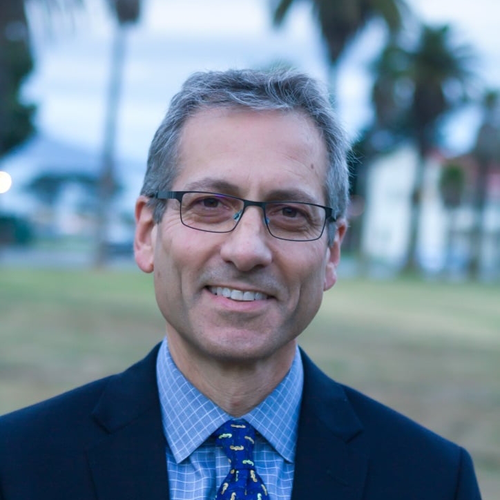
Craig Strang
Consultant and Associate Director Emeritus of Lawrence Hall of Science at the University of California, Berkeley
More Information
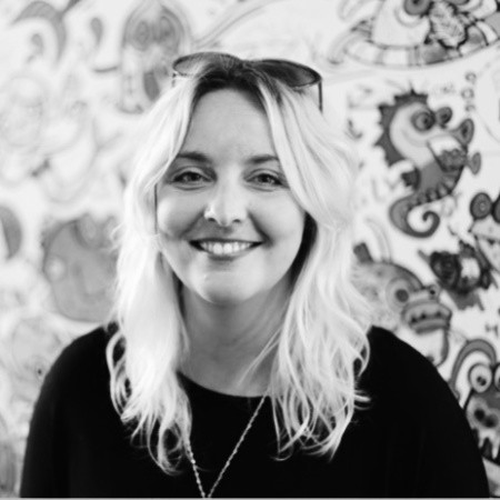
Nicola Bridge
Head of Ocean Advocacy and Engagement at Ocean Conservation Trust (OCT) and EMSEA President
More Information
Presenter Information
If you are a presenting author, please adhere to the following guidelines to ensure a seamless presentation experience.
Oral Presentations:
- Duration: Each presentation is allocated 10 minutes, followed by a 2-minute Q&A session.
- Presentation Setup: Presentations must be operated from the conference-provided computer; personal laptops or devices cannot be connected.
- Accepted Formats: Please prepare your slides in PowerPoint (ppt) or PDF format.
- Submission Deadline: Presentations must be uploaded to the conference computer by the morning of your scheduled presentation day.
Poster Presentations:
- Size: A1 format (594 x 841 mm or 59.4 x 84.1 cm).
- Orientation: Portrait.
Indoor Workshops:
- Location: classroom
- Equipment: tables, chairs, presentation equipment
Outdoor Workshops:
- Location: coastline in front of the venue
Silent auction
Join us for a special silent auction fundraiser during the wine reception on Monday, 23 September, to support travel bursaries for future EMSEA conferences. These funds will help presenters who are unable to finance their trips, including individuals from vulnerable communities, developing countries, and young professionals.
A silent auction works by displaying various items or experiences for attendees to bid on via written bid sheets. You can either write your name or remain anonymous by using a bidder number. The highest bid at the close of the auction wins the item!
Organized by EMSEA members for EMSEA members, we encourage all attendees to bring an item to contribute. Examples include books, handmade crafts like toys, keychains, jewelry, artwork, or items representing your home region or country. The auction's success depends on your generosity and the unique, exciting items up for bid.
Every contribution helps! Ideally, we'd love to see donations that reflect your local culture or marine-themed treasures. So, take a moment to go through your collection and bring something along for a great cause. Plus, this will free up some space in your suitcase to take home something new!
Please tell us in the registration form if you will bring an item for the silent auction.
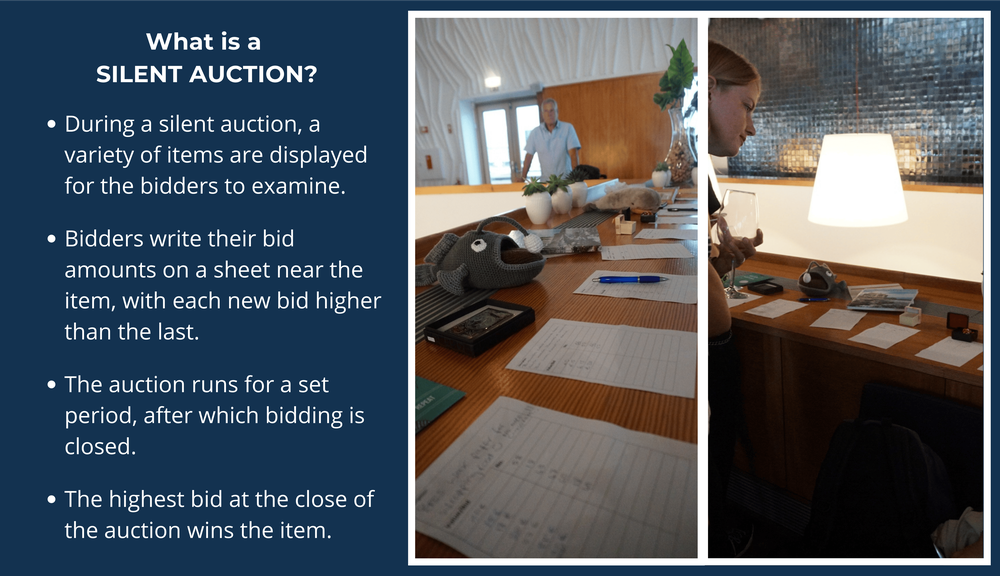
Organizing committee
- Melita Mokos, Chair of the Organizing Committee, Department of Ecology, Agronomy and Aquaculture, University of Zadar, Croatia,
- Ivana Zubak Čižmek, Department of Ecology, Agronomy and Aquaculture, University of Zadar, Croatia
- Igor Radeka, Department of Pedagogy, University of Zadar, Croatia
- Maja Cindrić, Department of Teacher and Preschool Teacher Education, University of Zadar, Croatia
- Ivana Klarica Karamarko, Department of Teacher and Preschool Teacher Education, University of Zadar, Croatia
- Barbara Čolić, 20000 Leagues Marine Explorers Society, Croatia
- Hrvoje Čižmek, 20000 Leagues Marine Explorers Society, Croatia
- Mladen Pešić, International Centre for Underwater Archaeology UNESCO , Croatia
- Evy Copejans, European Marine Science Educators Association, Belgium
- Dominika Wojcieszek, European Marine Science Educators Association, Poland
- Demetra Orthodoxou, AKTI Project and Research Centre, Cyprus
Community
Connect with 117 people attending this event
